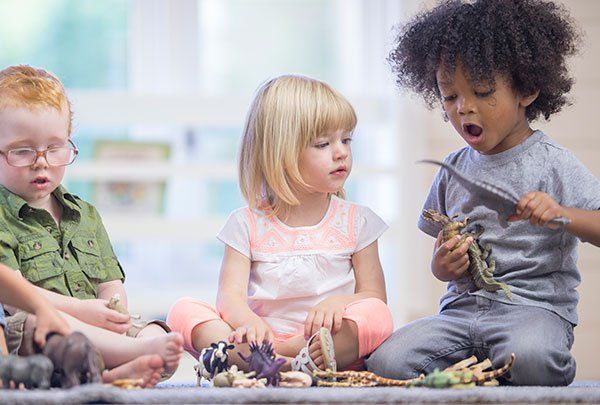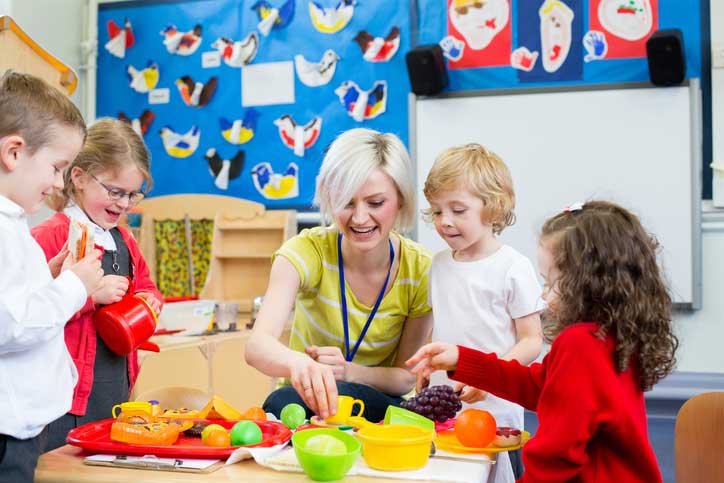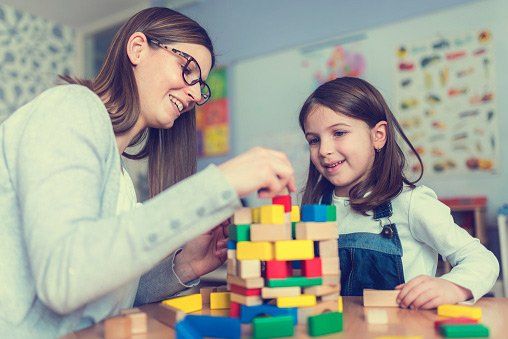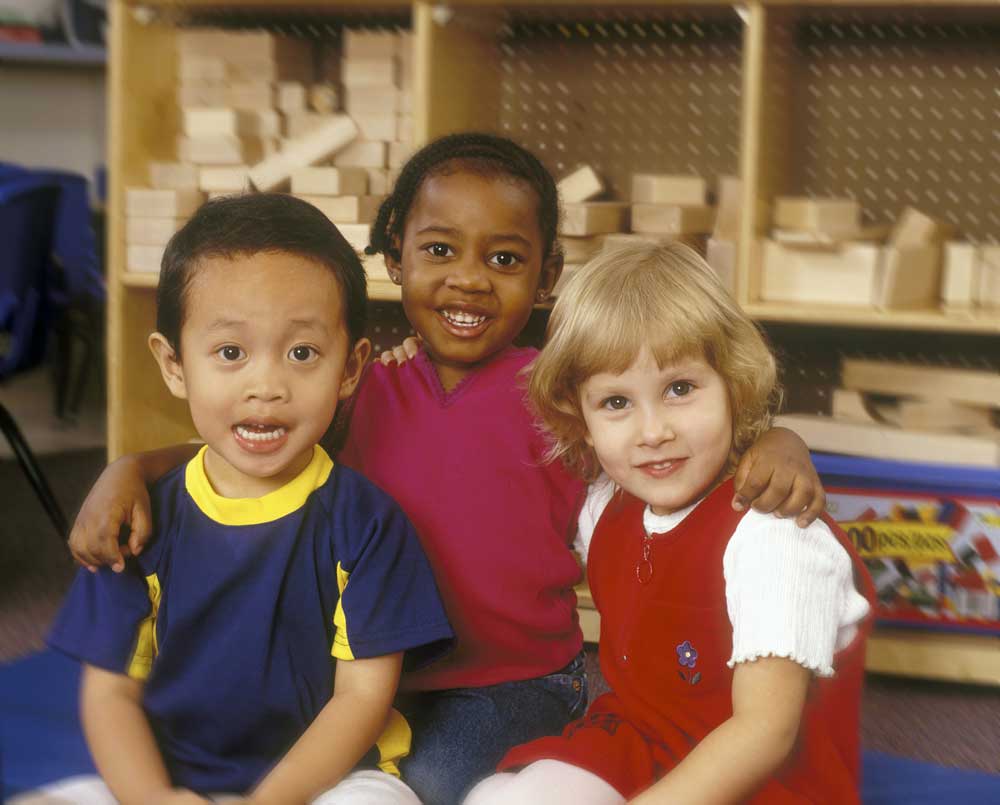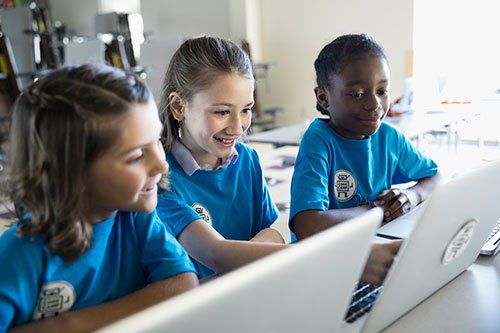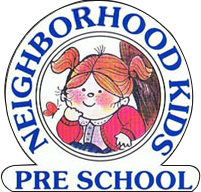The preschool classroom is buzzing, busy and filled with the giggles of young children as they whirl and dash around the place. Sometimes what seems like controlled chaos in this classroom is actually much more than you think. Learning in pre-k doesn't always (or often) look like learning in grade school.
Your child's preschool teacher understands the developmental issues at play here and creates lessons and activities that promote learning through methods that might not always seem standard. At least, they may not be when it comes to what many adults picture when they think of "education." If it looks like the preschool classroom is all about play, and not focusing on learning, think again.
Take a look at how young children learn and why the early-childhood environment isn't a strict instructional setting.
Getting into the center of the action can help your little learner to understand new concepts, explore and make discoveries. Young children aren't developmentally ready to sit and listen to an instructor talk all day. It's tough enough for an older, elementary school-aged child to do this. A 5-year-old doesn't have the attention span yet to focus on a teacher's lecture and truly learn from it.
Hands-on activities let the child learn by doing. What does this look like? Well, for starters, the teacher isn't talking or taking over for the child. Instead, the child is literally getting hands-on. This type of instruction may mean manipulating math beads when learning about adding, molding modeling clay to build fine motor skills, tracing letters to learn about literacy or doing other similar activities. Even though these activities seem like child's play (which they are), they're also entirely educational.
Exploration and Discoveries
Being "told" doesn't always have the same impact as figuring it out. This concept is the idea behind exploring in the preschool classroom. You might remember science as a subject requiring reading, studying and listening to a teacher talk. Your preschooler is learning about science at school but in a very different way. An early childhood science lesson might include dropping different objects into a tub of water to discover which ones sink and which ones float or exploring what's in a garden bed.
Making explorations isn't limited to the science center. As your preschooler builds with blocks, finger paints and tries out different writing utensils (such as crayons, markers and pens) they're also making their own discoveries.
If you're wondering, "Why is exploration an important way for kids to learn?" think about it this way: as your child acts as the explorer, they're engaging themselves in the learning process. Therein lies the difference between an active education and passively sitting as a teacher talks. During classroom exploration experiences, your child is taking control, experimenting, observing, coming to conclusions and improving their critical-thinking skills.
Communication and Social Development
Yes, play can be a solo activity. But, it can also include a pair, a group or the whole classroom of children. Play doesn't always help preschoolers to learn strictly academic information. Even though it can, that's far from where the education ends. During play experiences in the early-childhood classroom, preschoolers build valuable social skills.
Whether the children role play in the dress-up area, build a block castle or talk to the teacher about their latest tempera masterpiece, they're communicating. The more chances children have to speak with peers (and adults), listen, take turns and negotiate the social world, the better these abilities will become.
